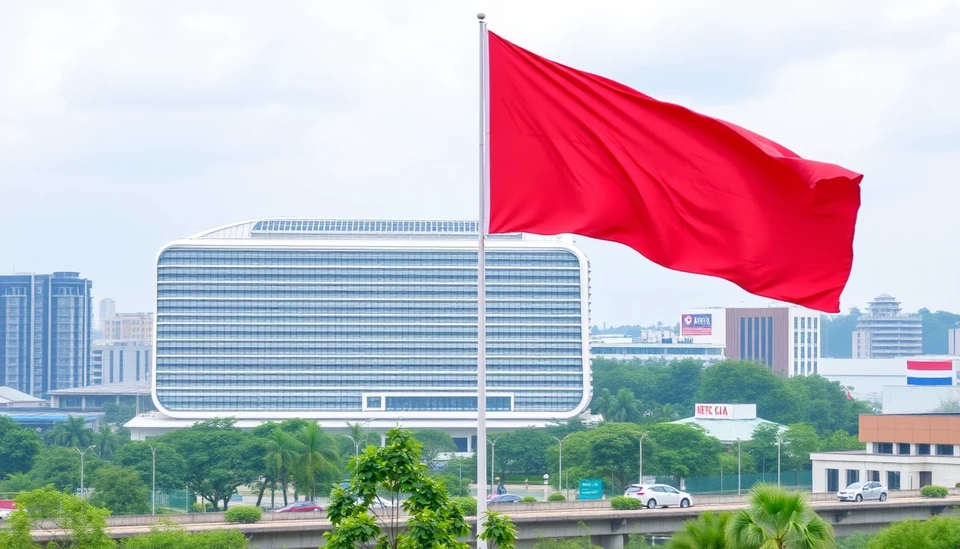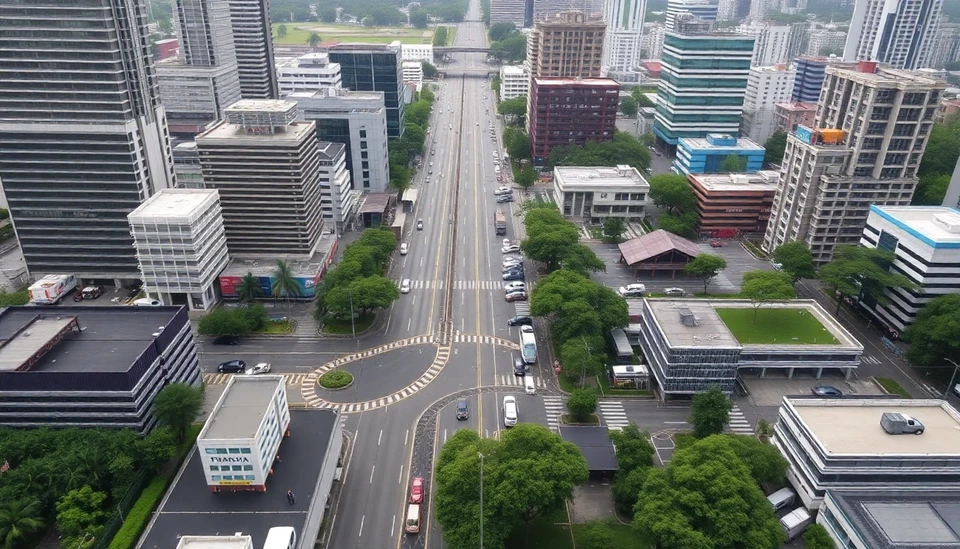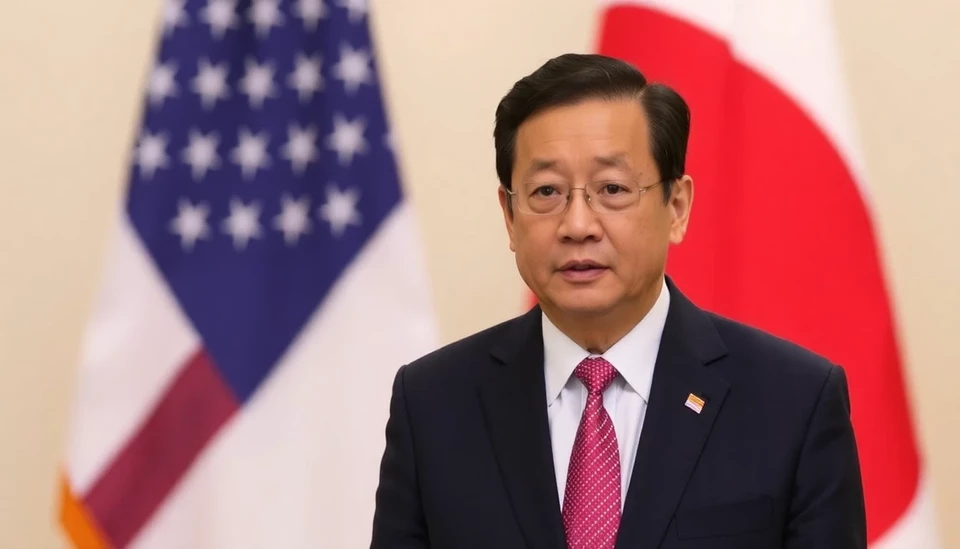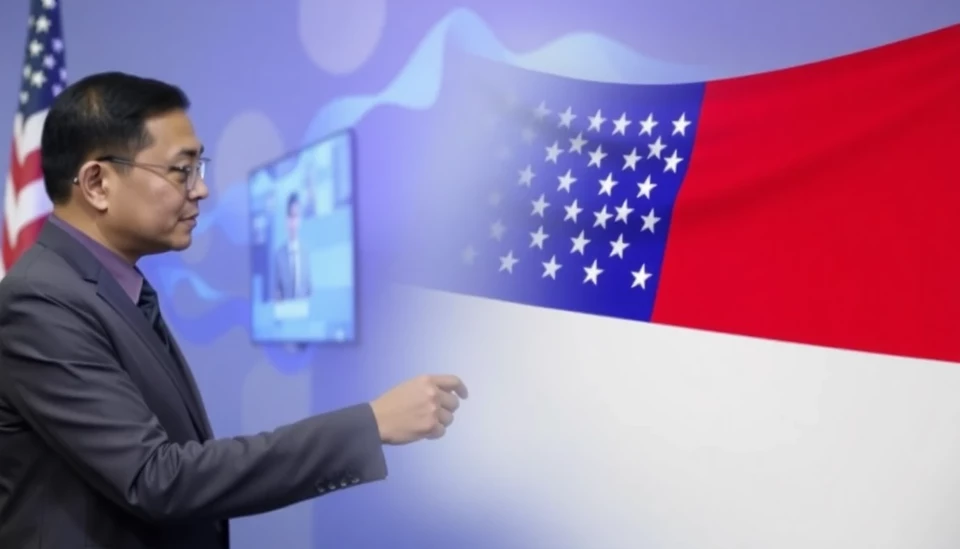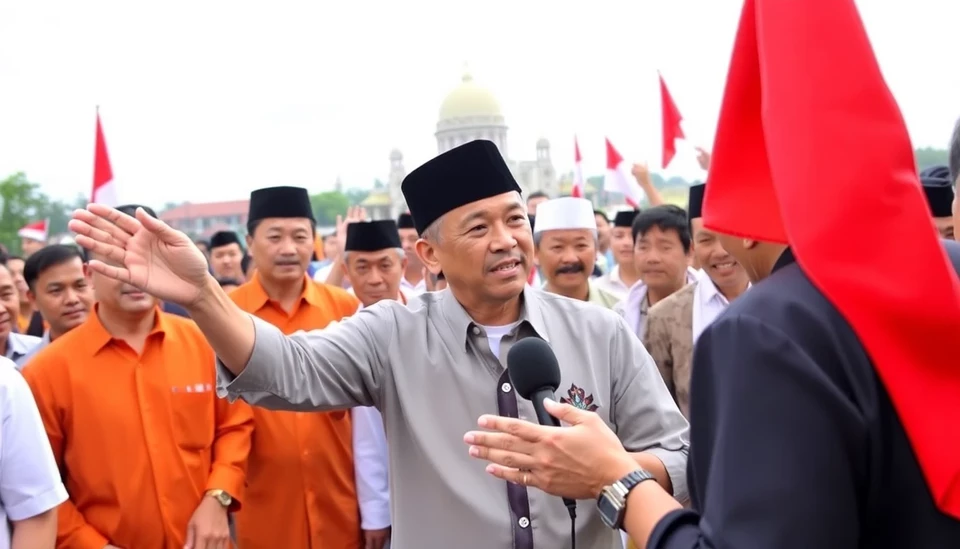
In a surprising turn of events, international investment funds are reassessing their positions in Indonesia following significant policy shifts introduced by Prabowo Subianto, the nation’s Defense Minister and a pivotal figure in the cabinet of President Joko Widodo. These changes, which have raised alarms among investors, have led to a noticeable hesitation in capital flow to the Southeast Asian nation, known for its robust economic potential.
Investment experts have reported a marked slowdown in fund allocations towards Indonesia since Prabowo's announcements, which suggest a shift in the government's approach to international relations and economic management. Following his advocate role in fostering more protectionist measures, investors are scrutinizing the long-term implications of these policies on Indonesia’s overall investment climate.
Central to this investor pullback is concern surrounding potential economic isolationism that Prabowo’s recent communications imply. Historically, Indonesia has benefitted from a stable foreign investment landscape; however, these latest developments have triggered doubts among foreign investors regarding government stability and commitment to reform-oriented policies that promote competitiveness.
Many fund managers are now emphasizing a “wait-and-see” approach, opting to pause new investments while they evaluate the sustainability of Prabowo's policy direction and the overall political environment in Indonesia. Analysts suggest that in the wake of significant global economic stressors, this newly adopted caution could stall Indonesia's growth trajectory and its potential as a regional investment hub.
In particular, Prabowo’s policy shifts have drawn focus on areas such as trade agreements, foreign direct investment, and domestic economic policies that are directly tied to Indonesia's future economic resilience. The initial reactions from top-tier international funds highlight the necessity for clear direction from Jakarta if they are to maintain their investment strategies in the region.
As institutional investors express their unease, they are citing key elements that could affect their strategic decisions going forward. The challenges posed by fundamental changes in the government’s economic strategy could lead to a tighter economic climate, which many fear may deter foreign capital seeking opportunities in one of Southeast Asia’s largest economies.
The ongoing situation serves as a reminder of the delicate balance Indonesia must maintain to continue attracting foreign investment while navigating the political inspirations of its leadership. With Prabowo at the helm of defense strategies, the economic landscape might be facing shifts that investors had not anticipated, marking a new chapter in Indonesia's investment climate.
As stakeholders in the global economy keep a close watch, the potential repercussions of these policy changes could resonate far beyond Indonesia's borders, impacting investment strategies across the region. Only time will reveal whether Prabowo’s direction will steer Indonesia towards a more protective economic stance or re-engage investors with an appeal for open market policies.
With uncertainty brewing, the business community is calling for clarity and reassurance from the Indonesian government. Stakeholders await responses that may mitigate fears and restore confidence among global fund managers.
In the interim, Indonesia’s economic future hangs in the balance, forcing international investors to reconsider their positions as they weigh the risks and opportunities presented by Prabowo's newly influenced policies.
#Indonesia #Investment #PrabowoSubianto #EconomicPolicy #ForeignInvestment #GlobalFunds #MarketTrends
Author: Rachel Greene

